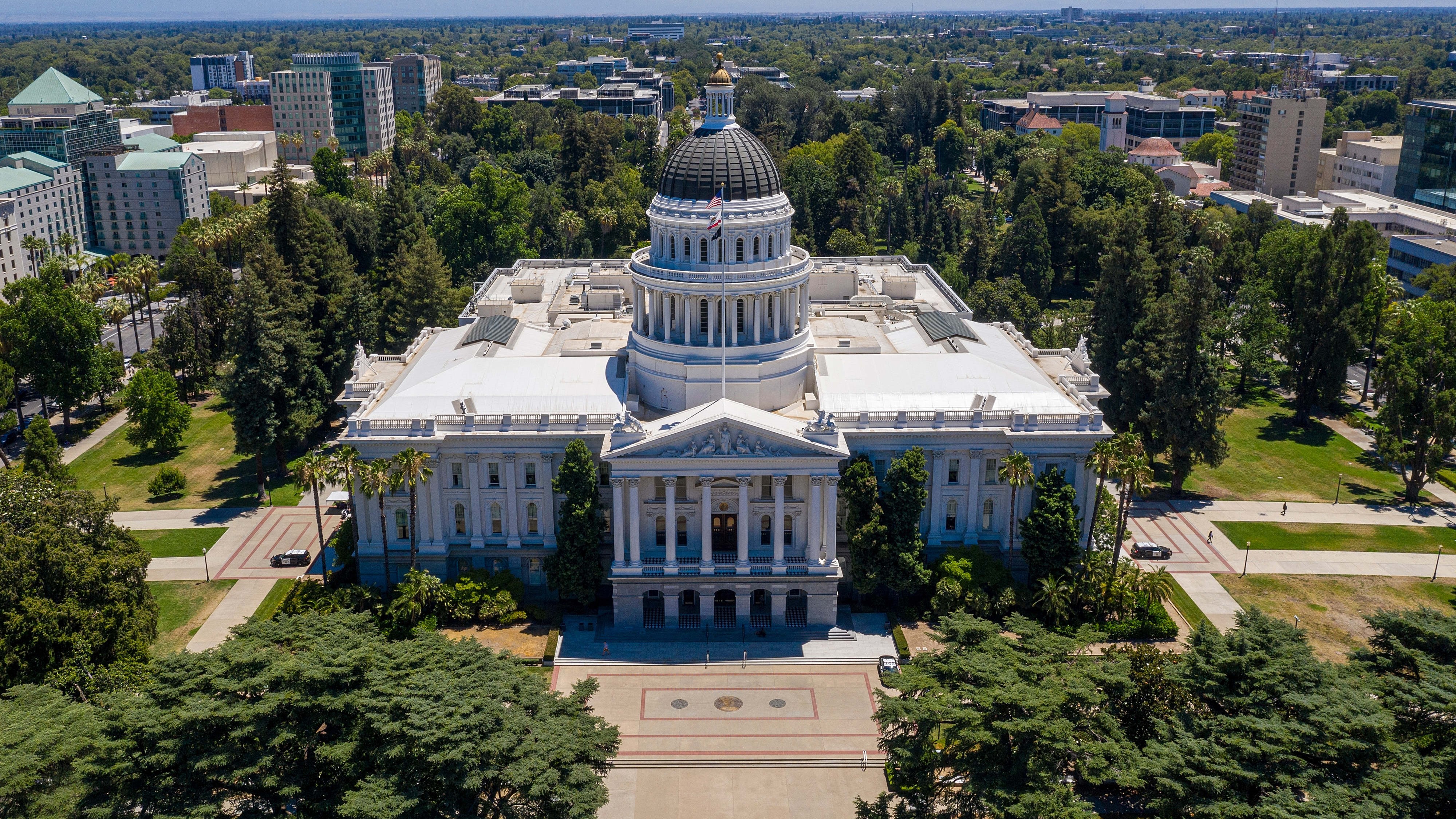Sharp Grossmont Hospital in San Diego issued an apology Friday after 50 more women, in addition to 81 who filed a lawsuit last week, came forward with claims they were recorded in secret during gynecological surgeries.
Motion-detecting cameras, the hospital said, were meant to catch an alleged anesthesia drug theif.
In its apology letter, Sharp officials said that person has been caught and the videos are in a secured safe, according to an inewsource.org report.
Eighty-one women sued the hospital last week nearly three years after a class action lawsuit was first filed.
Sharp Grossmont Hospital released the following statement:
“Although the cameras were intended to record only individuals in front of the anesthesia carts removing drugs, others, including patients and medical personnel in the operating rooms, were at times visible to the cameras and recorded.”
Patient Melissa Escalera, who was secretly recorded while giving birth by emergency caesarean section in September 2012 at Sharp Grossmont, filed a claim against the hospital in May 2016 for what she alleged was a “systemic and shocking breach” of her patient privacy rights.
California
News from across California
Escalera’s claim said the hospital recorded approximately 15,000 videos of patients during surgery. It then turned some of the video over to other people, including attorneys and security guards, according to the claim.
Escalera told NBC 7, her 3-year-old daughter was born under emergency circumstances. Her water broke and her baby presented in a breech condition.
“When I arrived in an ambulance and was wheeled into the operating room on a gurney, my concern was with my daughter who was in distress and coming six weeks early,” Escalera said. “I was not planning on having a baby that September 4th day. It was a highly stressful and emotional time for my family and my doctor. No one ever asked me to record one of my most tender, life-changing moments. I would have never agreed to be recorded in that vulnerable moment.”
“These video clips show Defendants’ female patients unconscious, undressed on operating room tables and undergoing medical procedures,” the claim stated. “Because of the nature of these procedures, the video captured women while they were emotionally and physically exposed, often naked with their most genital areas visible.”
The hospital indicated patients consented to the video recordings through a generic patient admissions agreement since the issue involved patient safety.
Numerous lawyers not involved in the case told NBC 7, the agreement doesn’t circumvent the patients’ constitutional rights to privacy.
“Triggered by motion-detecting sensors, these cameras began recording events in these operating rooms whenever any person entered the room,” the claim stated. “These videos captured images of caesarean births, birth complications, dilation and curettage to resolve miscarriages, hysterectomies and sterilization procedures. Patients were undressed, exposed and at their most vulnerable during these procedures.”



